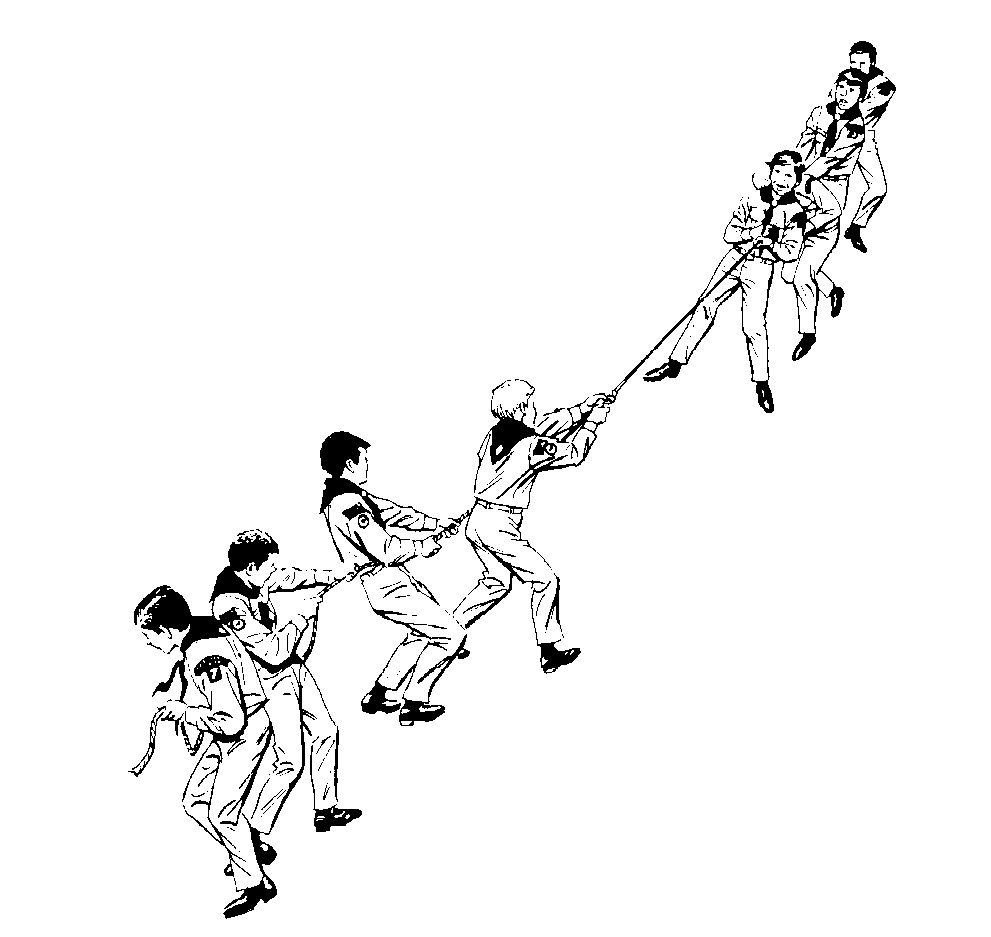On Theocracy: A Misuse of the Word If Applied to the Baha'i Faith
 The Baha'i Faith is quite unique as a world religion for the focus that it puts on governance. The Baha'i Adminstrative Order provides the basis for a system of global governance for Baha'is throughout the world. Some critics have tried "to draw parallels between the Baha'i Faith and the theocratic Muslim Republic of Iran," Ian Kluge notes in his masterful rebuttal to a blatant attack on the Faith in the guise of a scholarly article. "Such parallels have no substance." As the authoritative sources of the Faith indicate, theocracy as defined by present and past examples has nothing to do with Baha'i governance.
The Baha'i Faith is quite unique as a world religion for the focus that it puts on governance. The Baha'i Adminstrative Order provides the basis for a system of global governance for Baha'is throughout the world. Some critics have tried "to draw parallels between the Baha'i Faith and the theocratic Muslim Republic of Iran," Ian Kluge notes in his masterful rebuttal to a blatant attack on the Faith in the guise of a scholarly article. "Such parallels have no substance." As the authoritative sources of the Faith indicate, theocracy as defined by present and past examples has nothing to do with Baha'i governance.
Cole errs yet again in presenting the Baha'i Faith as favoring a theocracy....There are several reasons why his presentation is in outright error. Most obviously, a theocracy requires a clergy which the Baha'i Faith lacks. Unlike any theocracy that ever existed, all authoritative and executive offices are held by election: LSA's, NSA's, delegates to the annual convention and the Universal House of Justice. Any decision made by appointees such as Auxiliary Board Members and Counselors may be appealed to the elected bodies, which, in the case of the Universal House, have the final word. This is so unlike any historical examples of theocracy that it is a gross misuse of the word to apply it to the Baha'i Faith.
Cole's claim is also in outright error because it cannot be reconciled with the fact that all Baha'is have a right to their personal understanding of the Writings regardless of what the official understandings might be. No historical theocracy has ever allowed such interpretive leeway. It is true that in the interests of presenting the Faith honestly, Baha'is must inform seekers about the official understandings and not their own, but two facts remain firm: all Baha'is have full freedom of conscience to understand the Writings as they choose and, all Baha'is have the right to express their understanding so long as they are polite and do not try to force their views on others or the organization as a whole. There are no historical examples of such freedoms in a theocracy.
Cole's claim is wrong because the Baha'i Faith is a voluntary organization. The individual's right to leave the organization is deeply entrenched in the Faith which rejects compulsion in religious matters. There is no historical example of a theocracy in which individuals may openly leave the ruling religion. Here too, it is clear that Xxxx's use of this word is factually incorrect and is simply being used as a propaganda scare tactic.
Ian Kluge, A Review of Juan Cole's "The Baha'i Faith in America as Panopticon, 1963-1997"














 Nineteen tellers assembled at the Baha'i World Centre on Mount Carmel on 29 April 2003 to tally the votes in the election for the Universal House of Justice. The ballots were posted by members of the world's 178 National Spiritual Assemblies. The tellers came from Africa(Ethiopia, Ghana, Kenya, South Africa), the Americas (Bahamas, Canada, Colombia, UnitedStates), Europe (Austria, Greece, Hungary, Turkey, United Kingdom), Asia (two from India,Japan); Australia and Oceania (Australia, Papua New Guinea, Marshall Islands).
Nineteen tellers assembled at the Baha'i World Centre on Mount Carmel on 29 April 2003 to tally the votes in the election for the Universal House of Justice. The ballots were posted by members of the world's 178 National Spiritual Assemblies. The tellers came from Africa(Ethiopia, Ghana, Kenya, South Africa), the Americas (Bahamas, Canada, Colombia, UnitedStates), Europe (Austria, Greece, Hungary, Turkey, United Kingdom), Asia (two from India,Japan); Australia and Oceania (Australia, Papua New Guinea, Marshall Islands).







